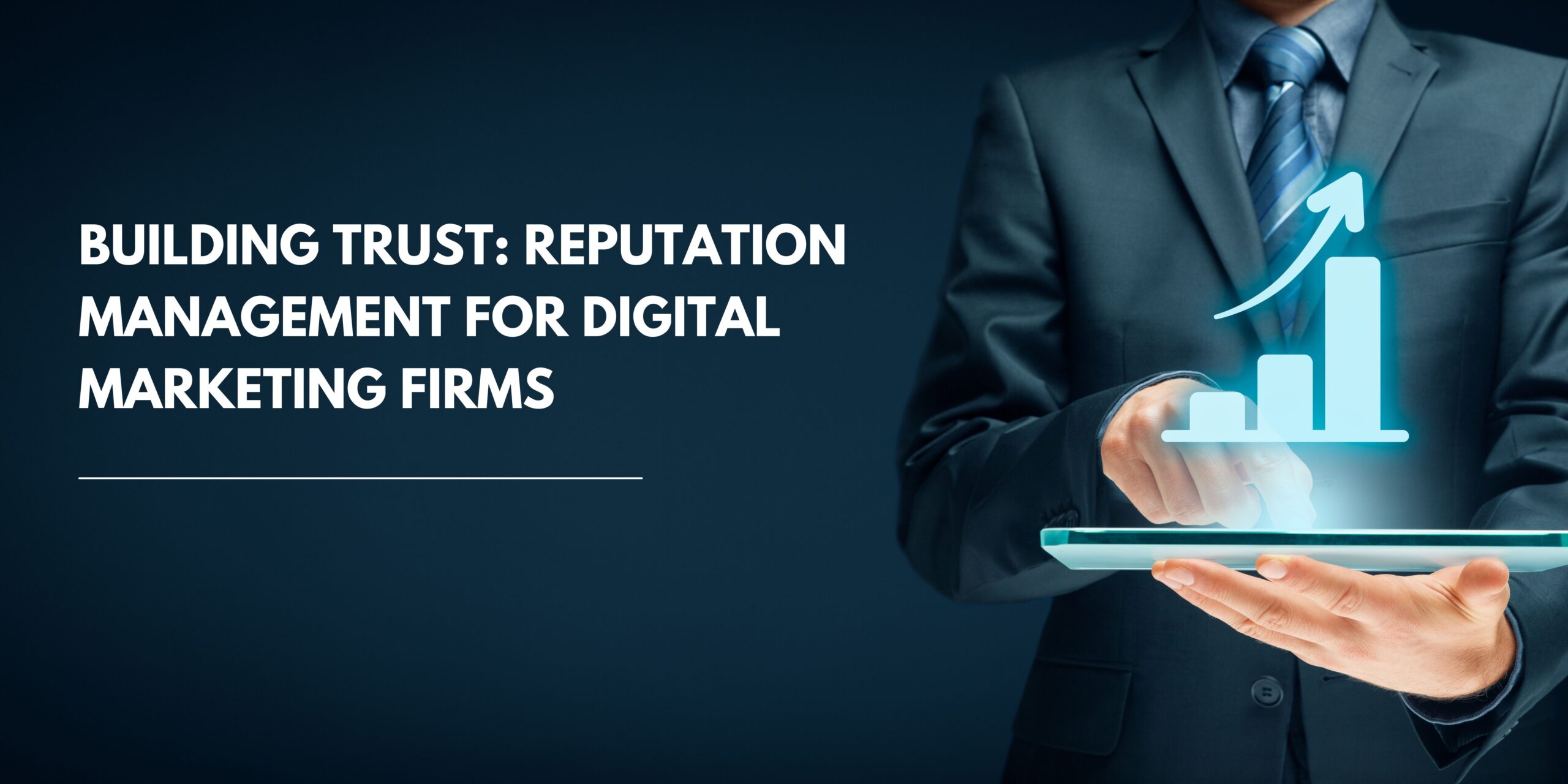In the fast-paced world of digital marketing, trust is the currency that can make or break a firm’s success. With the ever-increasing number of options available to businesses looking to market their products or services online, establishing and maintaining a strong reputation is essential for digital marketing firms. In this article, we will explore the significance of trust in the digital marketing industry and provide insights and strategies for effective reputation management.
The Digital Marketing Landscape
Digital marketing has witnessed exponential growth in recent years, driven by the increasing use of the Internet and social media platforms. Businesses are allocating significant portions of their budgets to online marketing efforts, making it a highly competitive arena. However, this growth also means there’s a plethora of digital marketing firms vying for clients’ attention.
Amid this competition, potential clients face a daunting task when choosing a digital marketing agency to partner with. They often rely on trust indicators such as reviews, testimonials, and recommendations from peers and colleagues to make informed decisions. Therefore, reputation management is not just a peripheral concern but a core component of a digital marketing firm’s strategy.
The Significance of Trust in Digital Marketing
Trust as a Competitive Advantage: Trust is a differentiator in the digital marketing landscape. Clients are more likely to choose an agency they trust, even if it means paying slightly more for services. Trust can be the tipping point in a competitive bid, making it a valuable asset for firms.
Client Retention: Building trust is not just about acquiring new clients; it’s also about retaining existing ones. Satisfied clients who trust your firm are more likely to continue their partnership and even recommend your services to others.
Brand Credibility: Your agency’s reputation directly affects your clients’ brands. If clients trust your agency to enhance their online presence, your ability to deliver on that trust has a direct impact on their brand’s credibility.
Attracting Talent: Trust isn’t limited to clients alone. Building a trustworthy reputation can also help attract top talent to your firm. Talented professionals are more likely to want to work for a reputable agency, which, in turn, enhances your ability to deliver quality services to clients.
Strategies for Reputation Management
Now that we understand the importance of trust in the digital marketing industry, let’s delve into some strategies for effective reputation management:
Consistent Quality Service: The foundation of trust lies in consistently delivering high-quality services. Ensure that your team is well-trained, stays updated with industry trends, and is committed to providing exceptional results for clients.
Transparency and Communication: Be open and transparent in your communication with clients. Share successes, but also be forthright about challenges and setbacks. Clients appreciate honesty and are more likely to trust a firm that doesn’t hide its flaws.
Client Testimonials and Case Studies: Showcase your success stories through client testimonials and case studies on your website and marketing materials. Let your satisfied clients speak for your firm’s capabilities.
Online Reviews and Ratings: Encourage clients to leave positive reviews on platforms like Google My Business, Yelp, and industry-specific directories. Address negative reviews professionally and constructively, showing your commitment to client satisfaction.
Social Media Presence: Maintain an active and engaging presence on social media platforms. Share valuable content, respond to comments and messages promptly, and build a community of followers who trust your expertise.
Thought Leadership: Establish your agency as a thought leader in the digital marketing space. Publish insightful articles, and whitepapers, and give presentations at industry events to showcase your knowledge and expertise.
Ethical Practices: Adhere to ethical digital marketing practices. Avoid shortcuts like black-hat SEO tactics, clickbait, or spammy email campaigns. Unethical practices can tarnish your reputation irreparably.
Feedback and Improvement: Continuously seek feedback from clients and employees. Use this feedback to identify areas for improvement and make necessary changes to enhance your services.
Crisis Management Plan: Develop a crisis management plan for handling any potential reputation-damaging situations. Having a well-thought-out plan can minimize damage and help in the swift resolution of issues.
Community Engagement: Get involved in your local community or industry-related organizations. Supporting causes and events can positively impact your reputation and foster trust among clients and peers.
Conclusion
In the digital marketing industry, trust is a valuable asset that can significantly impact a firm’s success. Building and maintaining a strong reputation requires a strategic approach that encompasses consistent quality service, transparent communication, and ethical practices. By prioritizing reputation management, digital marketing firms can not only attract and retain clients but also establish themselves as trusted leaders in a competitive and ever-evolving landscape. Trust is the cornerstone of success in digital marketing, and firms that invest in it will undoubtedly reap the rewards.



